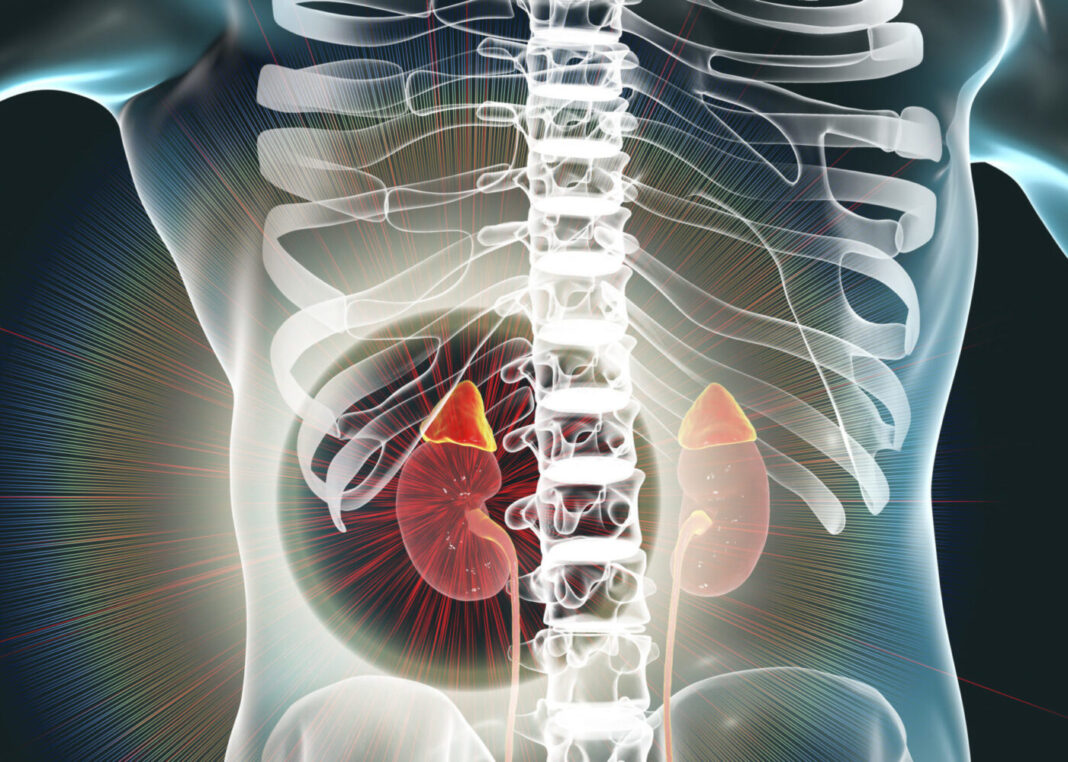Cushing’s syndrome is a disorder caused by the body’s exposure to an excess amount of the hormone cortisol. Cortisol affects all tissues and organs in the body and these effects together are known as Cushing’s syndrome. There are two types of Cushing syndrome: exogenous (caused by factors outside the body) and endogenous (caused by factors within the body). The symptoms for both are the same; the only difference is how they are caused. Now a team of scientists in Montreal and Paris report they have identified the gene responsible for the development of a food-dependent form of Cushing’s Syndrome.
Their findings are published in the journal The Lancet Diabetes & Endocrinology in a paper titled, “Loss of KDM1A in GIP-dependent primary bilateral macronodular adrenal hyperplasia with Cushing’s syndrome: a multicentre, retrospective.”
“GIP-dependent primary bilateral macronodular adrenal hyperplasia with Cushing’s syndrome is caused by aberrant expression of the GIP receptor in adrenal lesions,” the researchers wrote. “The bilateral nature of this disease suggests germline genetic predisposition. We aimed to identify the genetic driver event responsible for GIP-dependent primary bilateral macronodular adrenal hyperplasia with Cushing’s syndrome.”
The researchers collected blood and adrenal samples from patients who had undergone unilateral or bilateral adrenalectomy for GIP-dependent primary bilateral macronodular adrenal hyperplasia with Cushing’s syndrome.
“When the tissues of the human body are exposed to this excess of cortisol, the effects for those with the disease are serious: weight gain, high blood pressure, depression, osteoporosis, and heart complications, for example,” said Isabelle Bourdeau, PhD, a researcher and medical professor at the Centre hospitalier de l’Université de Montréal (CHUM) Research Centre.
Food-dependent Cushing’s Syndrome is caused specifically by the abnormal expression of the receptors of a hormone named GIP, in both adrenal glands of patients. This hormone is produced by the small intestine in response to food intake. For people with the disease, cortisol concentrations increase abnormally every time they ingest food.
“In general, rare diseases are generally underdiagnosed in clinics,” said Bourdeau, who is also the medical director of the adrenal tumors multidisciplinary team at CHUM.
“By identifying this new gene, we now have a way of diagnosing our patients and their families earlier and thus offer more personalized medicine. At CHUM, genetic analysis is already offered in our Genetic Medicine Division.”
The researchers showed, for the first time, that the disease is genetically transmitted.



